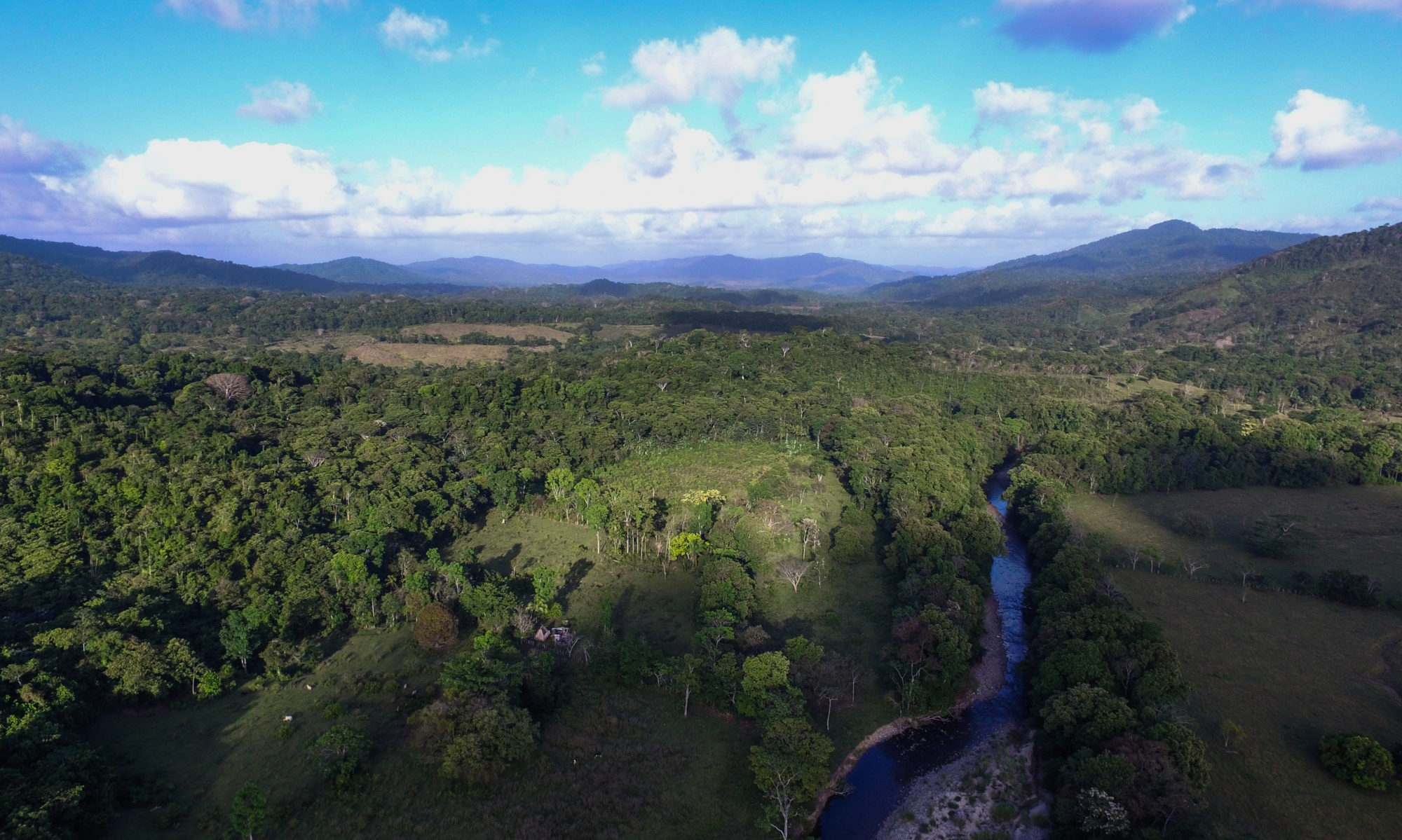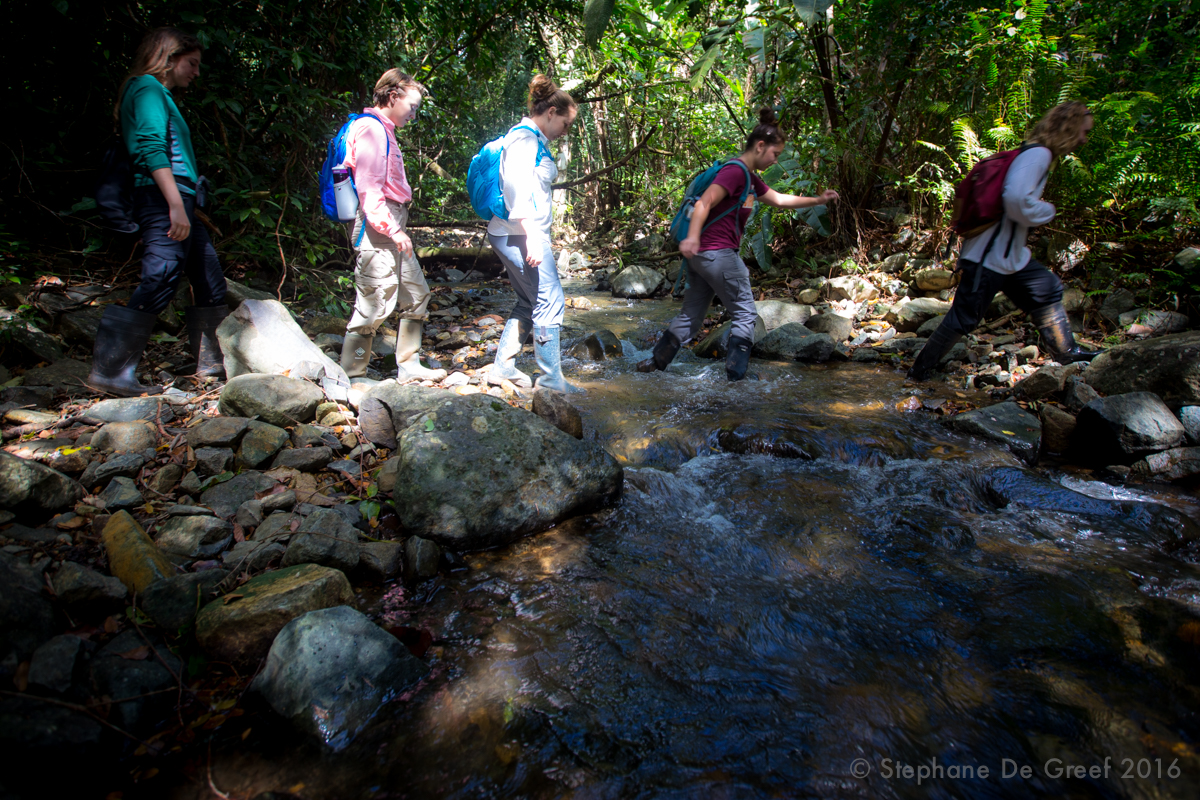Climate and natural disasters in Panama
Panama has a tropical maritime climate with a hot, humid rainy season from April to December and a short dry season January to March. Temperatures are relatively constant all year long but can fluctuate between day and night. It’s generally hotter in Panama City and on the coast (35° day, 25°C night) than in the mountains and Cocobolo (30° day, 20°C night). While the heat in Panama City can feel brutal, Cocobolo will feel nice, cool and windy. Finally, Panama is outside the hurricane belt and experiences few natural disasters.
Tropical diseases and recommended vaccines
The website of the US Centers for Disease Control and Prevention is a very good resource on all health-related topics for people visiting Panama, including recommended vaccines and up-to-date information on diseases and epidemics. For more information about health in Panama, visit the CDC website.
Potentially harmful animals
There are several species of vipers and coral snakes, all venomous and dangerous, but there is no recorded incident in Cocobolo since its inception more than ten years ago. This is mostly due to our very strict safety guidelines on clothing, behaviour and systematic use of rubber boots while conducting field work. Our Twan Leenders’ 2017 Herpetology Guide to Cocobolo Nature Reserve will help you identify the species of dangerous snakes found in Cocobolo Nature Reserve.
No serious incident involving invertebrates has ever been recorded in the reserve (i.e. scorpions, spiders) but chiggers are unfortunately a fairly common nuisance at the field station – here are some tips to prevent bites. Biting midges, mosquitoes and ticks have been observed but rarely cause problems. While we have bullet ants and other stinging insects, most are not aggressive and do not cause any serious problem. If you are allergic to hymenoptera venom, please mention it to us when you’re booking a tour and bring your adrenaline (epinephrine).
Personal health insurance
A personal health insurance is required for all visitors. A proof of valid health insurance is required from each participant to attend any of the courses and workshops. Please confirm with your insurance provider that you’re covered for a trip to Panama and outdoor activities.
In case of emergency
Cocobolo field station staff includes a first responder from El Sistema Nacional de Protección Civil (SINAPROC), a Panamanian governmental emergency team similar to the American Red Cross. Our first responder is trained to provide first aid for small ailments and to stabilise the victim of serious injuries while organising medical evacuation by helicopter. For non-life-threatening medical emergencies, we always have a 4WD car ready for evacuation, with good hospitals less than three hours away.
While Cocobolo Nature Reserve is outside cellphone coverage, we recently installed a broadband Internet connection at the field station, allowing us to contact medical and emergency services in a timely manner. When travelling or working away from the field station, we carry an InReach messenger allowing us to contact emergency services through a satellite connection.

